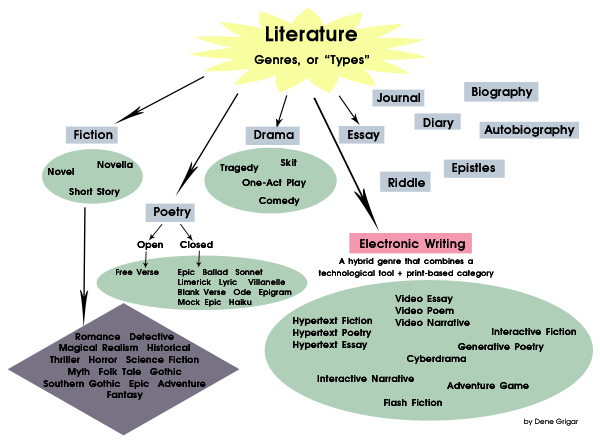Hacking Electronic Literature is a full-day, hands-on workshop on the tools used in creating electronic literature (e-lit). It is the first of its kind ever offered in the Arab World specifically aimed at teaching digital tools used in creating electronic literature (e-lit). It is divided into two parts: Part One introduces the field and provides examples of works and genres that constitute it. Part Two guides participants toward producing their own works of e-lit. At the end of the workshop, participants will have a good understanding of what e-lit is and how it is produced. As such, this workshop fills an important knowledge gap for Arabic artists and scholars about the emerging field of born digital literature.
Structure of the Workshop:
10:00-12 noon
Part One: Introduction
Understanding What is Electronic Literature?
10:00-11:30: What is e-lit? Examples of e-lit; led by Dene Grigar
11:30-12:00: Programming in Arabic and Western e-lit; led by Reham Hosny
Break for lunch
1:00 p.m.-4:00 p.m.
Part Two: Hands-On Production
1:00-2:20 p.m.: Writing stories with Twine, an open-source tool for telling interactive, nonlinear stories; led by Reham Hosny
2:20-3:20 p.m.: Memes, Tracery, and Twitterature
3:20-4:00 p.m.: Scripting and Prototyping for E-Lit NetProvs & Video Essays
4:00-5:00 p.m.: Sound & Electronic Literature
Setting
- Classroom
- Free WiFi for all the trainees
- Data show
- Access to computers for participants
Language: English, Arabic or both according to the nature of the trainees
Duration: Six hours on the day before the conference
